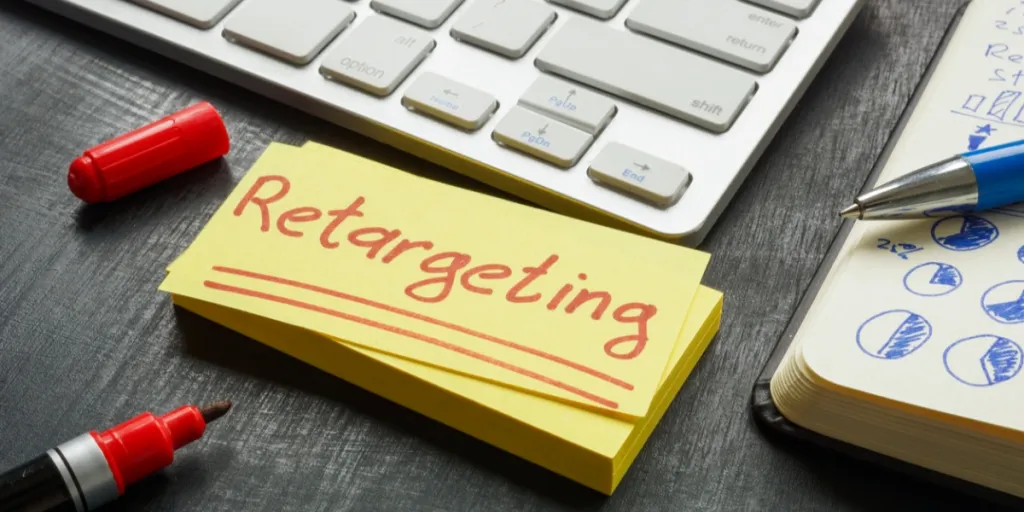Cross-border trade can feel like trying to solve a tricky puzzle where the pieces are constantly changing. From struggling with regulatory mazes to managing logistics and understanding cultural nuances, businesses aiming to thrive in the global marketplace face a steep learning curve.
Not anymore, as Yikun Shao, the Head of Supply Chain for B2B North America at the Alibaba Group, shares his wisdom with Sharon Gai on the latest episode of the B2B Breakthrough. They dive into the challenges and opportunities of international trade, offering you insights that can transform the way small to medium-sized businesses approach the global stage.
Table of Contents
The ABCs of global trade
Cutting through the red tape
The right partners make all the difference
Effortless shipping with Alibaba
Bridging cultural gaps
More about Yikun
The ABCs of global trade
The logistics and supply chain space is populated by key players such as brokers, freight forwarders, suppliers, and end customers. However, many overlook the critical role of regulators, like government customs authorities, who ensure compliance with cross-border rules and restrictions.
Yikun highlights, “When the pandemic hit in 2020, I personally saw and read from the news that a lot of smaller businesses were struggling to cope with the disruptions… That’s when I also found Alibaba.com specifically emerged in my view as a true ally to those small to medium-sized businesses and is in a very good position to build and provide the digital infrastructure to help transform those smaller businesses so that they can both increase efficiency and save costs.”
Alibaba.com has been pivotal in demystifying the complexities of cross-border trade, equipping businesses with the necessary tools and knowledge to streamline their operations.
Cutting through the red tape
Is the regulatory environment in the U.S. as complex as people believe it is? “I think in my experience, the U.S. has the best system and most transparent system when it comes to cross-border laws and regulations,” Yikun points out. The key is to inform yourself of all requirements and regulations, which are readily available on government websites. Pay attention to import-export admissibility, product restrictions, strict export controls, and the country of origin of products, especially in light of the significant tariff increases since 2018.
The right partners make all the difference
Selecting the perfect customer broker shouldn’t be a decision made lightly or based exclusively on recommendations. It requires an all-out evaluation of your import needs and how they align with a broker’s expertise. Ensure that the broker is licensed and has a proven track record with similar imports or exports. Diversifying your freight forwarders and not relying on a single service provider is vital for building a resilient supply chain capable of withstanding global disruptions.
Effortless shipping with Alibaba
Alibaba.com simplifies the logistics process through its logistics marketplace, offering access to nearly 400 logistics providers. Available at no extra cost to Alibaba.com members, this service highlights the platform’s commitment to removing the technological burden and simplifying shipping needs with round-the-clock customer support.
Bridging cultural gaps
Underestimating local market risks and overlooking cultural, legal, and regulatory differences are common pitfalls in cross-border trade. Your job is to inform yourself, understand, and respect communication styles and business practices across different regions, such as Japan, China, and the United States. Recognizing these details is essential for a company’s ability to adapt and thrive in new markets.
Mastering cross-border trade requires a combination of regulatory knowledge, strategic partnerships, and cultural understanding. Platforms like Alibaba.com allow businesses to efficiently navigate the complexities of international trade, ensuring they are well-equipped to face the challenge and seize the opportunities of the global marketplace. With the right tools and insights, the daunting world of cross-border trade can be transformed into a landscape of immense potential for growth and expansion.
More about Yikun
Yikun Shao is the Head of Supply Chain for B2B North America at the Alibaba Group. He stands out in the field of global trade and logistics innovation, bringing nearly two decades of industry experience to his role as Head of Supply Chain for Alibaba.com’s North American B2B business. Before his current role, Yikun spent over 15 years gaining expertise in global trade and business consulting with PwC across China, Japan, and the United States. His primary skills lie in international business development, strategic planning, customs, and trade, as well as supply chain planning and logistics management.








